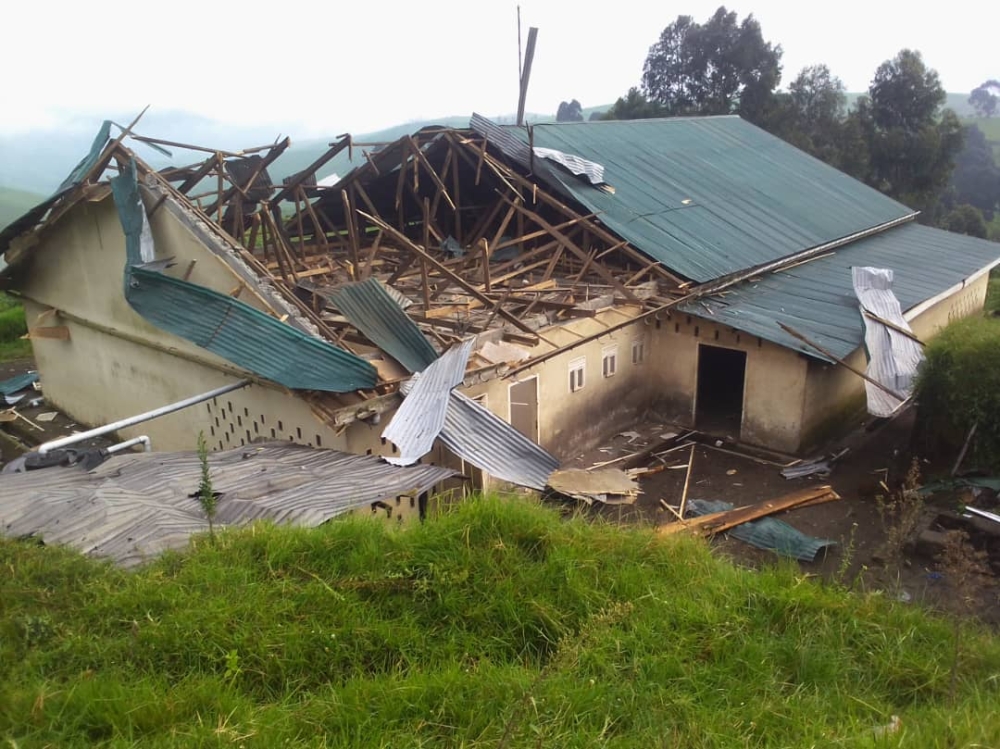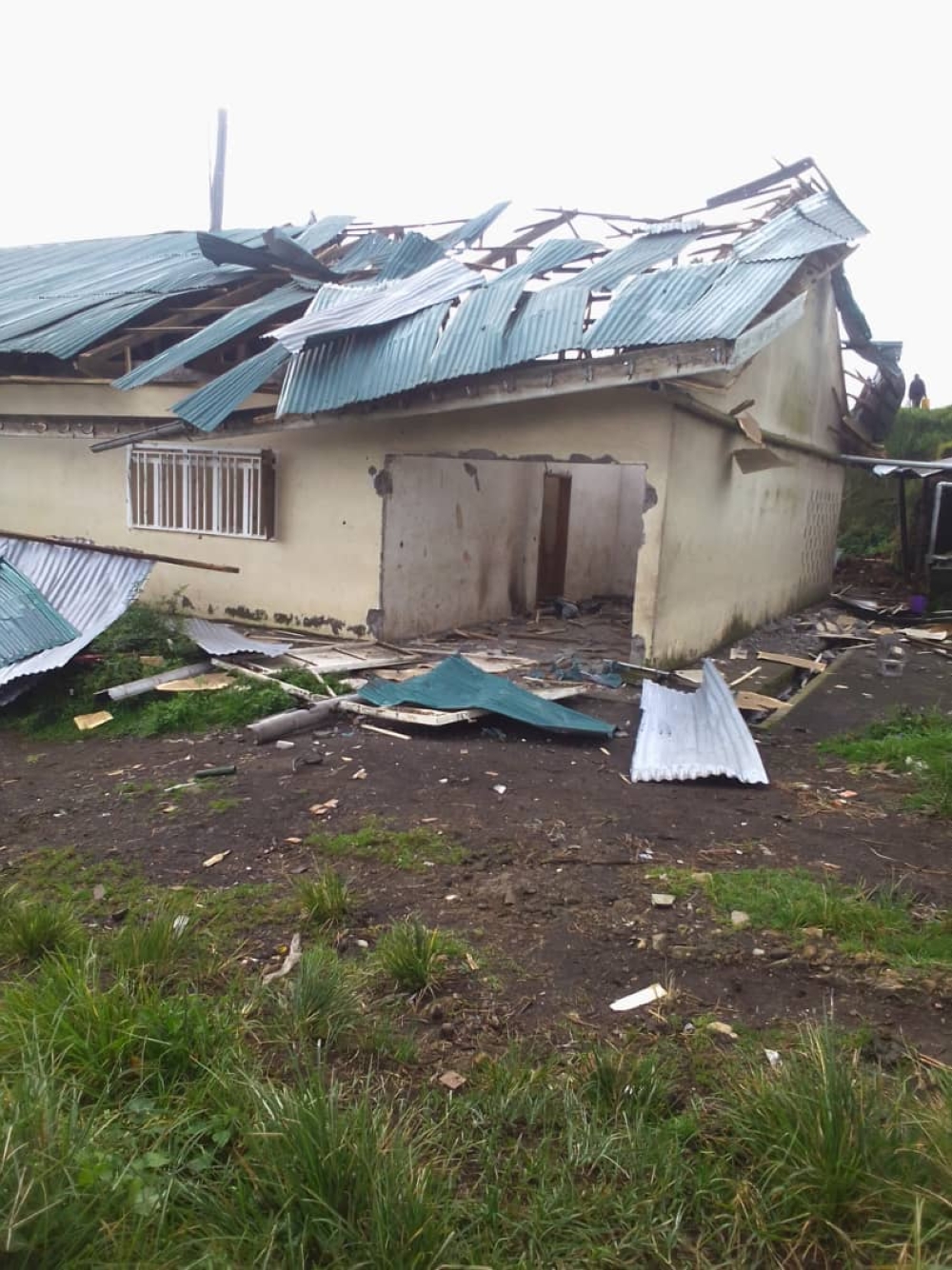

The M23 rebel group in eastern DR Congo has accused a government-led coalition of using drones to target civilians and their properties.
M23 spokesperson Lawrence Kanyuka said on Friday, January 19, that the goverment coalition which includes troops from Burundi and the Southern African Development Community (SADC) as well as militias like the genocidal FDLR, killed civilians and cattle and destroyed properties in Masisi territory on Thursday night.


ALSO READ: DR Congo: M23 rebels vow to retaliate after FARDC drone strikes kill two commanders
"Last night, using drones, these coalition forces targeted private property killing civilians, cows, destroying houses, stores and the local cheese factory,” Kanyuka said in a post on X, showing pictures of a shattered house and a slain cow.
"The M23 reminds the National and International Community that these drones do not target any military targets,” he said, adding that the rebel group "continues to protect the civilian population.”
ALSO READ: DR Congo: M23 rebels ‘welcome’ US-brokered ceasefire
Kanyuka&039;s latest post came three days after M23 lost two commanders who were killed by government forces on January 16, in drone strikes the rebels called a violation of the existing ceasefire.
The rebels said they would "respond accordingly.”
They accused the Congolese armed forces of cooperating with militias, like the UN-sanctioned Rwandan genocidal militia, FDLR, which is responsible for the persecution of Congolese Tutsi communities.
Kanyuka said the M23 appreciated efforts by regional and international leaders to resolve the ongoing conflict peacefully by addressing its root causes.
However, the Congolese government has refused to dialogue with the M23, calling it a terrorist movement.
ALSO READ: M23 warns of ‘imminent genocide’ in DR Congo
Despite repeated calls for a peaceful resolution of the conflict, on January 1 the Congolese army and a newly deployed SADC regional force announced joint offensives against the M23.
Eastern DR Congo, home to more than 130 armed groups, has been volatile for nearly 30 years.
Multiple interventions, including one of the UN&039;s largest and longest serving missions, failed to end decades of violence.


